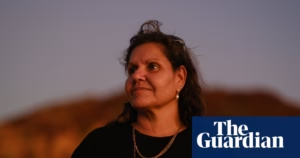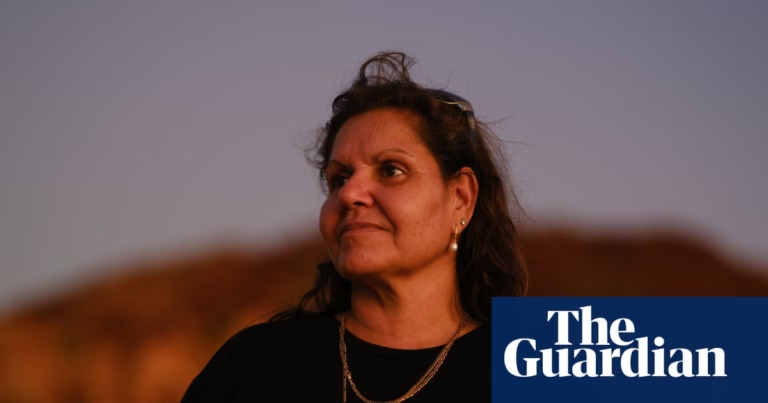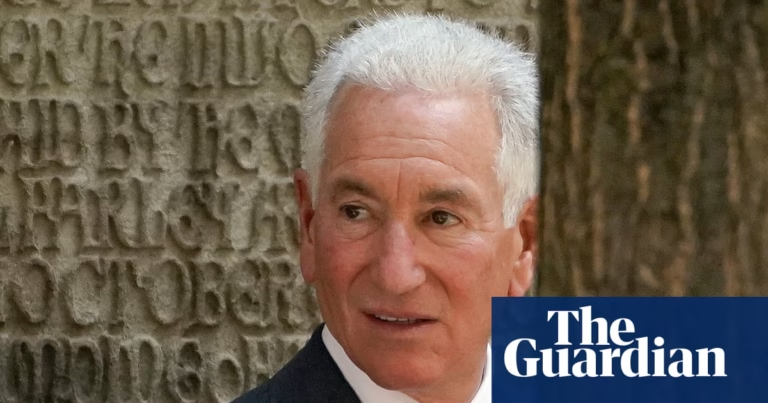An organized network operating from the former Soviet state of Georgia has defrauded thousands of savers from the UK, Europe, and Canada out of $35m ($27m) after they fell for fake celebrity advertisements on Facebook and Google. These advertisements, which promised to outlaw scams three years ago, promoted fraudulent cryptocurrency and investment schemes. Deep fake videos and fabricated news stories, featuring money expert Martin Lewis, radio DJ Zoe Ball, and adventurer Ben Fogle, were used to lure in victims. The fraudsters continued to contact victims recently.
The UK was the hardest hit, with citizens accounting for a third of the scammed amount, approximately £9m. A significant leak of scam call center data exposed the fraud, revealing the extent of the havoc scammers wrought on victims’ lives. This raises questions about the effectiveness of governments, banks, and technology companies in combating such frauds.
The UK government introduced new laws aimed at protecting children and adults online. However, the sections relating to fraudulent advertising by organizations are not expected to become active until next year. Cases of authorized push payment (APP) fraud, where victims are tricked into transferring money directly from their accounts, rose by 12% to over 230,000 in 2023, according to the latest figures from the trade body UK Finance, although the total money lost dipped.
Revolut, which received a UK banking license last year, was the most mentioned bank in the scam. Two other digital lenders, Kroo and Chase, were also involved. The scammers pressured victims to open accounts with these banks and used the platforms to process payments. The identities of thousands of people targeted in the UK, Europe, and Canada have been revealed, along with details of the riches earned by call center operatives, who spent their earnings on luxury items and lavish parties.
Revolut, Kroo, and Chase stated their commitment to fighting fraud and investing heavily to tackle the industry-wide problem. However, Revolut highlighted that a significant number of reported scam cases originated on Meta-owned platforms like Facebook and WhatsApp, with these platforms having no role in warning customers or reimbursing victims.
Fogle, Lewis, and Ball have publicly spoken out against the deepfake videos, with Lewis launching a legal claim against Facebook in 2018 due to fake investment stories featuring his face and name. He dropped the lawsuit after Facebook agreed to donate £3m to set up an anti-scam project with Citizens Advice and launch a one-click reporting tool.
MP Chi Onwurah, the chair of the Commons science, innovation, and technology committee, is currently investigating the spread of misinformation online. The case highlights the urgency of addressing the shortcomings of the Online Safety Act to protect the public and ensure online safety.
A government spokesperson stated that scammers committing criminal offenses should be punished, but social media companies also have a responsibility to ensure their platforms are not used for scams. Meta and Google expressed their commitment to fighting fraud and protecting users, with Google emphasizing that it takes firm actions against violating ads.
Source: https://www.theguardian.com/money/2025/mar/05/revealed-the-scammers-who-conned-savers-out-of-35m-using-fake-celebrity-ads









